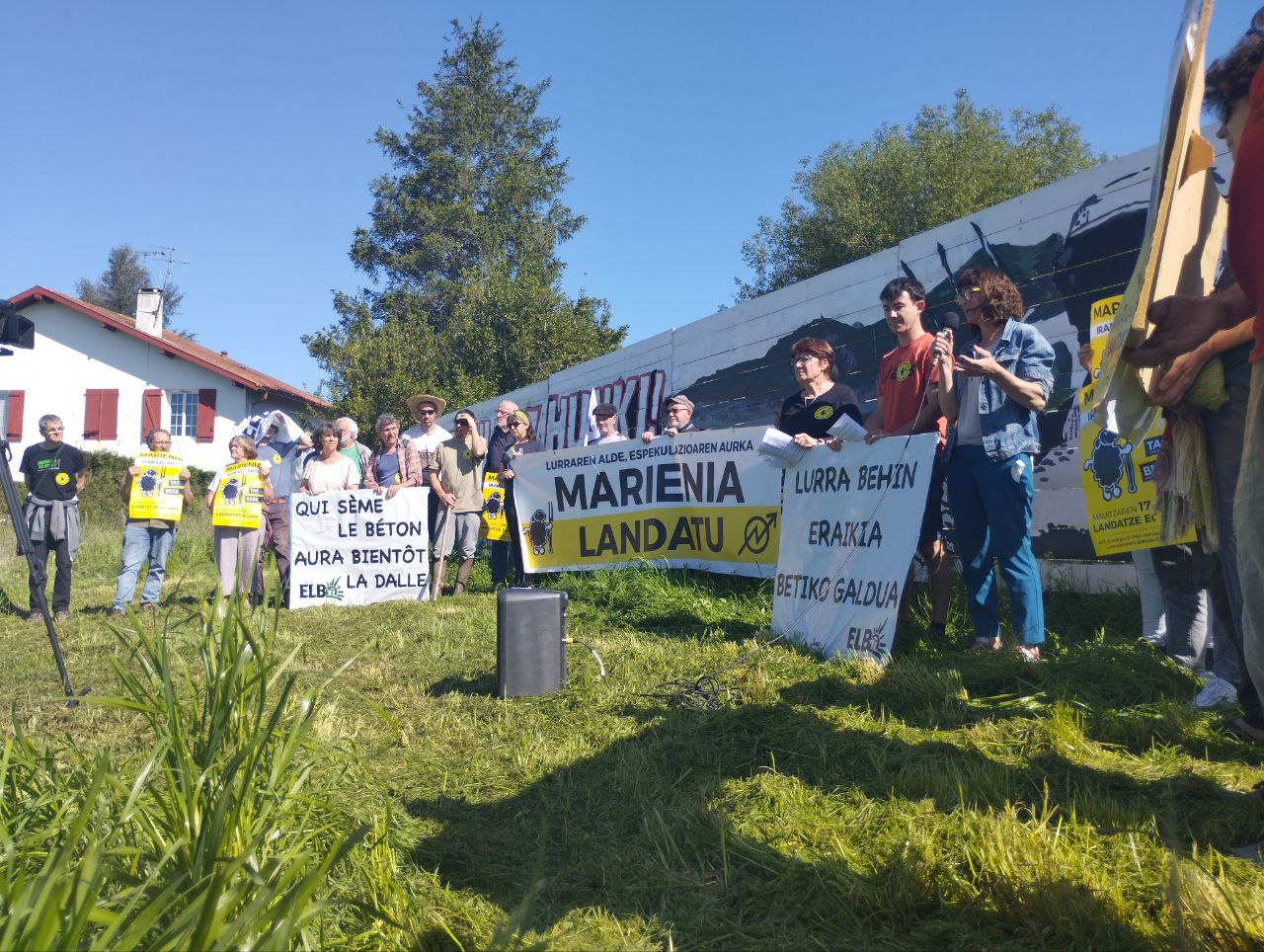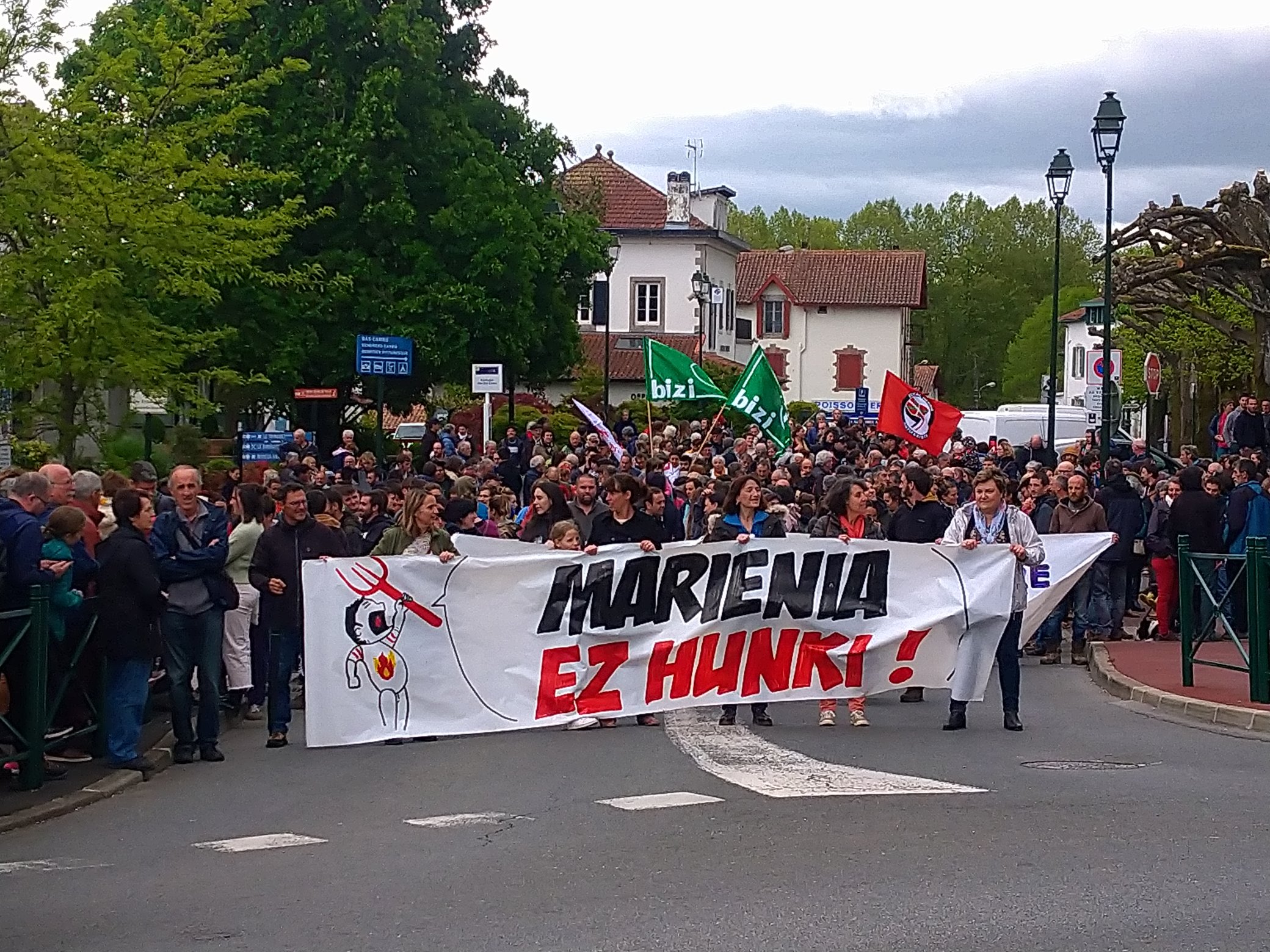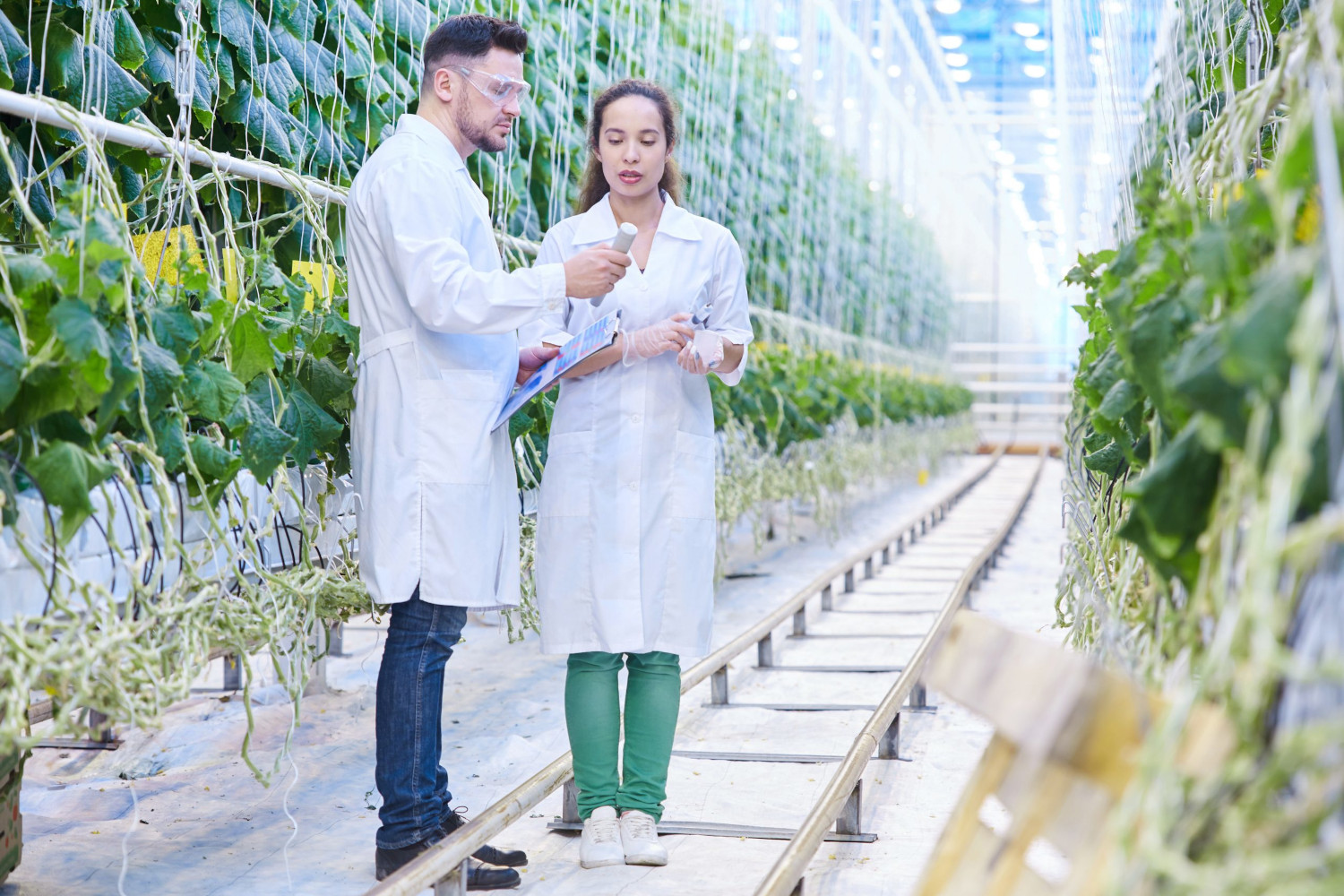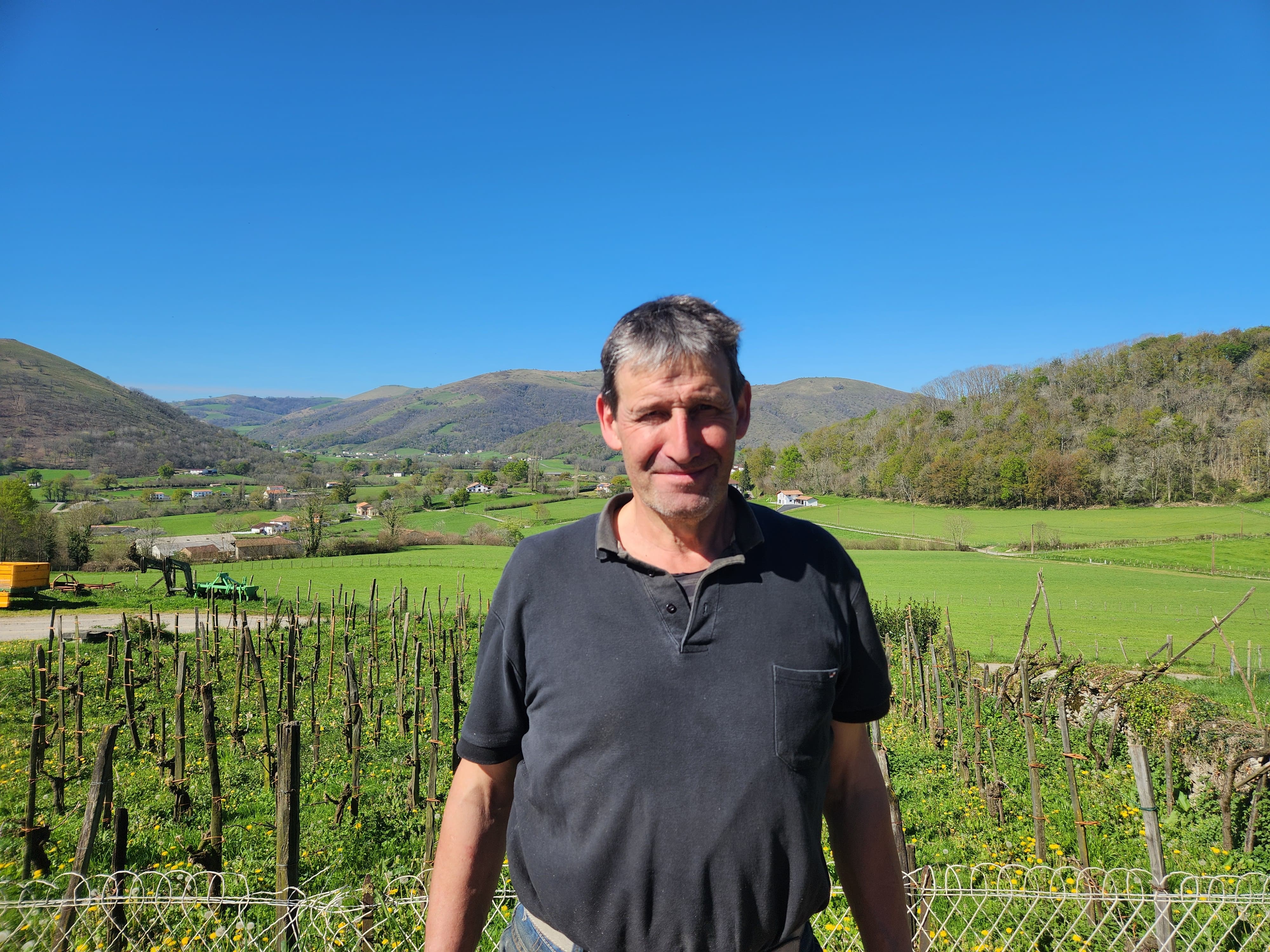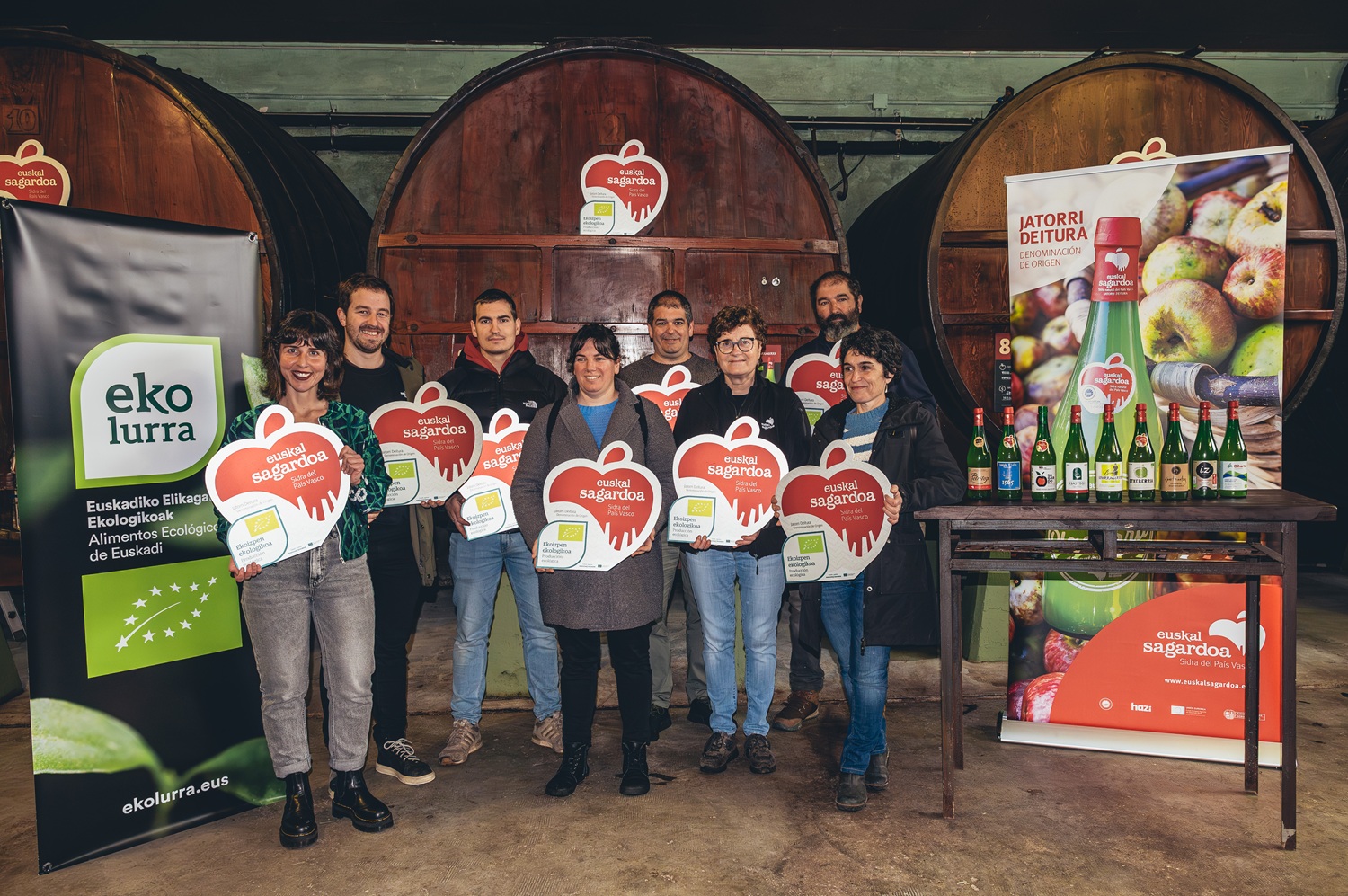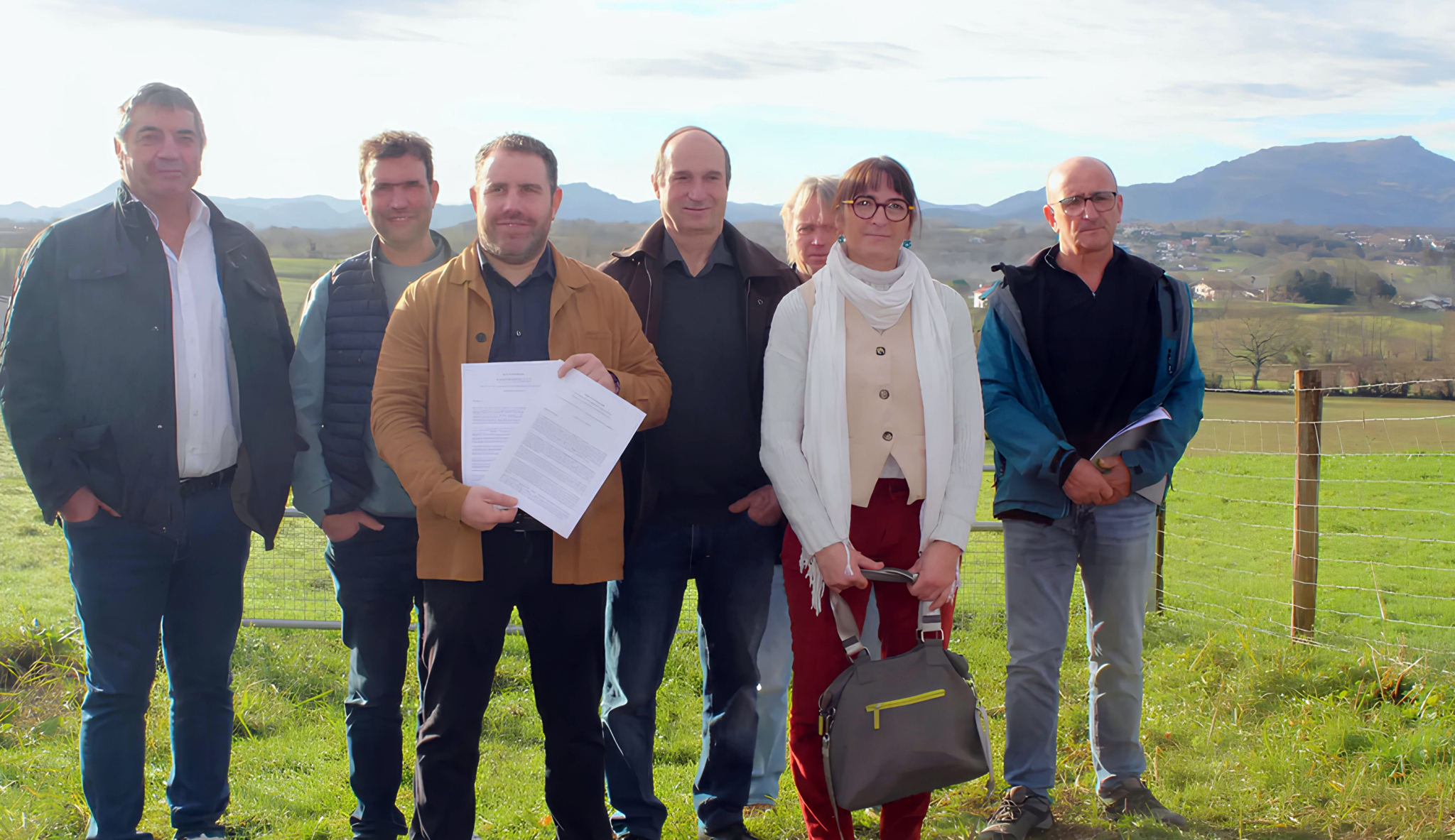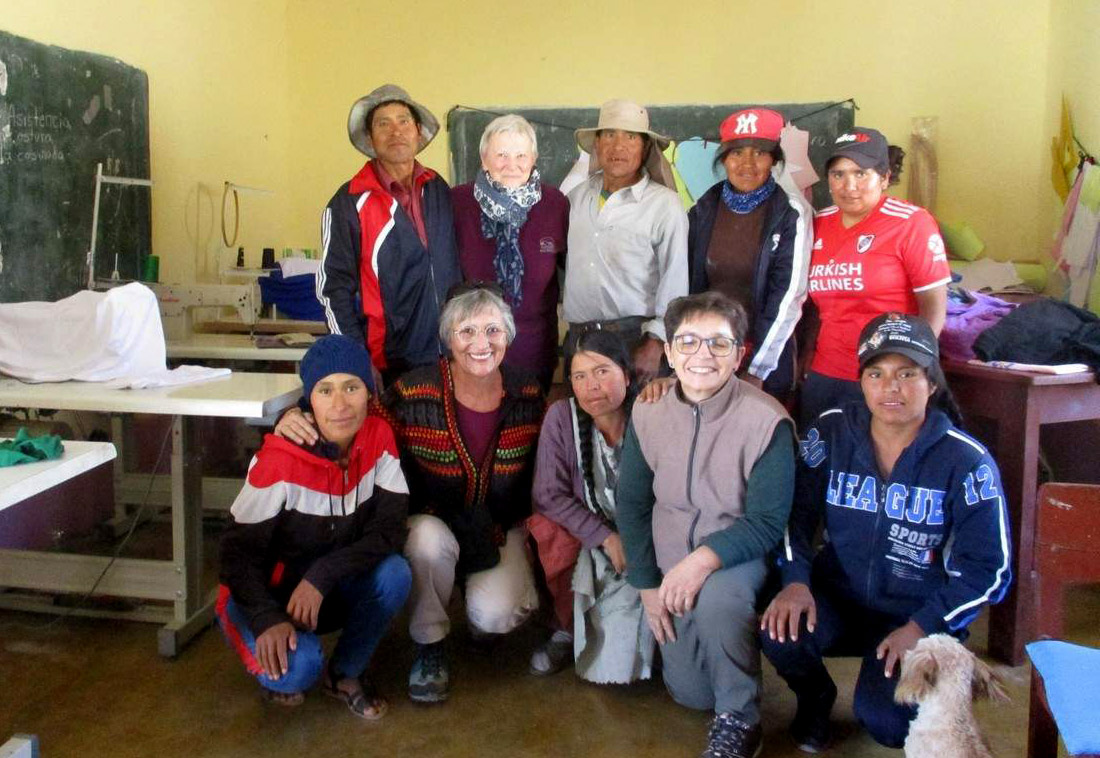What reading has been done in recent weeks, especially in the French State, of the peasant movement?
- Many people have been surprised by the uprising of farmers who have set sail in the French state in recent weeks. The Government, the peasant unions, the press have been analysing these protests, giving an opinion... The peasants have also had a great boost from society; the importance of this profession has been underlined... insisted that we were COVID-19 in time, to extol the necessary trades...
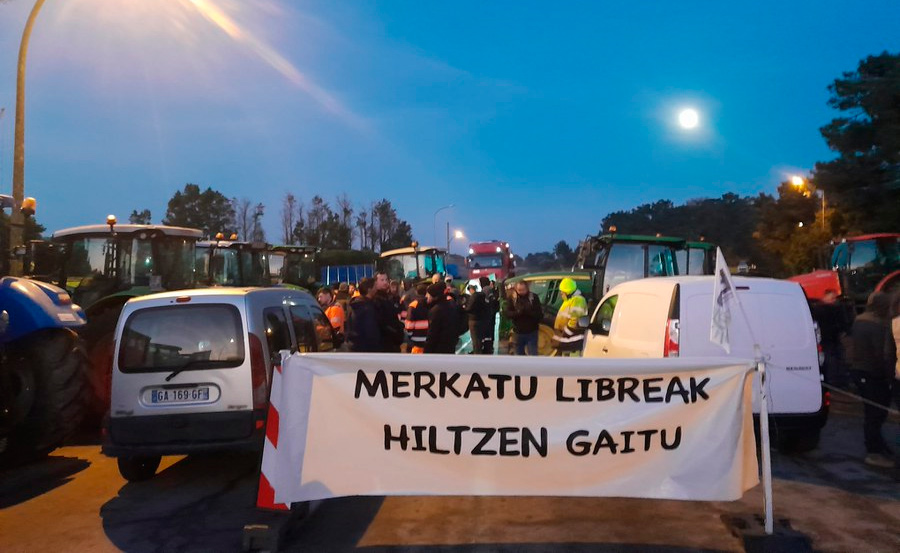
Many people have been surprised by the ways and laughs of the French Interior Minister: “I’m not going to send CRS to people who work. Working people cannot be considered criminals.” A government that uses a very strong level of repression against social movements has allowed the main highways and roads to be blocked. It says almost nothing about the MRSA in Narbonn (Agricultural Social Security) or a DREAL headquarters in Carcasonne (Branch Ministry of the Environment). It does not say much about the manure, purines, mills, plastics and other waste that has been dumped in the cities on the left...
For some wood and others impunity?
For the press, these are the main causes of these actions:
- Farmers complain that rules apply to them and that they cannot compete on the same terms with other farmers in the world (and sometimes in the European Union).
- They complain that raw material prices are too high and that sales prices are too low.
- They complain that the pact like Mercosur will create difficulties for them.
- They also complain that they have to do sober administrative work, that controls are constant ...
- They complain that they are not allowed to do their “quiet” trade (some believe that they are not allowed to use GMOs, pesticides, etc.). they would like).
All these reasons relate to competitiveness. It is very internalized that the function of “French cultivation” is to feed the world. The French statue and the FNSEA have always been proud to sell French products in world trade... This is the thought that over the last 70 years the FNSEA syndicate has been repeating without exhausting and getting into its head. The sale of food on world markets is considered essential in the FNSEA, in the French Government and in the European Union in general. The conviction that the market and competitiveness will solve all problems is deeply rooted in society, especially in economic and political decision-makers.
The main problem highlighted by this movement is the low level of benefit to farmers.
In general, farmers' monthly premiums are very modest, especially when compared to the number of jobs. Beef or sheep producers often work 60-70 rations per week, in exchange for a profit below the SMIC [croissance minimum salaire; equivalent to the South Interprofessional Minimum Wage] (around € 1 400 per month, at 35 points per week).
But the realities are very different. It could serve Arnaud Rousseau, the president of the FNSEA, president of 700 hectares of cherry trees, to investigate what month he has left the prize...
The FNSEA is the strongest agricultural trade union in the French State. To define it in short terms, this syndicate, which is very corporatist (considers that it can only be farmers who decide on agriculture), says that all farming models can live together. The farmer for the FNSEA is an entrepreneur. Its function is to produce a standardised raw material competitively which is then transformed and sold by industry in the markets to be in Europe or the world. To gain competitiveness, all new technologies (pesticides, transgenic, automation, robotics, etc.) need to be harnessed and developed. ). The consequences of this logic are known: beyond the farm, the poisoning of water, land and food by the intensification of production, the destruction of the landscape and biodiversity... All this with subsidies from the EU CAP. The system of sharing these public funds (increased finance = more subsidies) has very serious and damaging effects, such as the disappearance of ttipi and medium farms. It is not true that all models can live together: adopting intensive or industrial crop production factors (land, public money and markets) makes popular and sustainable cultivation unfeasible.
Arnaud Rousseau, besides leading the FNSEA, is the president of the multinational oil and protein production company AVRIL. In 2022, this company’s revenues in the French state were higher than the CAP subsidy (EUR 9 billion)... What should be understood when an agricultural union names such a person as president?
This union has assumed with the government the “management” of cultivation in the French state during the last 6-7 decades (prime ministers, culture ministers, prefets, etc. ), always with the help of the agro-industrial lobby. The government is not a problem for the FNSEA; it has always been able to impose its own conception. Simple exercise, seeing the concept that the liberal economy has also imposed on food in public institutions... And it is no wonder that the halting of the blockade movement has been negotiated directly between the FNSEA and the French government.
The current situation of farmers is a direct consequence of agricultural policy over these long decades: the FNSEA guides and applies to the government. So it has to be understood that the government abandons the policy of criminalizing the use of pesticides. As regards pesticides, the FNSEA has another ally: the syncrata coordination rurale (created in 1992 by a group of FNSEA displaced persons, complaining about how to negotiate the reform of the CAP), which is often linked to the extreme right.
With the movement of Confédération paysanne (ELB in the Northern Basque Country) the lack of benefit of the peasants appears as a widespread problem. The first OECD action (blockade of the port of Baiona) clearly indicated that the main problem is not a regulatory or regulatory issue, but that food is considered as any other global commodity...
In short, this crisis is an indicator of the failure of an entire system of cultivation and feeding. A system that is incapable of making its farmers live with dignity cannot endure, especially since it has no capacity to take on new generations.
What do we want?
- An industrial system for the production and distribution of uncultivated, digitalized food? An industrialized and aseptic diet that continues to destroy environmental resources? Some success stories opt for this option.
- A culture model linked to the territory that cares for scarce resources, landscape and biodiversity with isolated farms, living rural areas, quality food production? You might think that most farmers and people want to go from this.
It is reported that times of crisis are the time to put things on the table. It is time to review the entire food and culture system to change the paradigm. It is time for the political forces, for society, for economic players to work pragmatically on the road to popular and sustainable agriculture!
Iker Elosegi, coordinator of the Chamber of Agriculture of the Basque Country.
Klima aldaketaren eraginez, munduko lurralde gero eta gehiago idortzen ari dira, milioika pertsonaren jarduera eta bizimoduak kolokan ezarririk. Fenomeno horren frontean dago India erdialdeko Maharashtra estatua, non klimaren berotzeari eta lehortzeari metatu zaizkien oihan... [+]
Euskal Herriko Laborantza Ganberak hogei urte bete ditu. 2005ean sorturik, bataila anitzetatik pasa da Ainiza-Monjoloseko erakundea. Epaiketak, sustengu kanpainak edota Lurramaren sortzea, gorabehera ainitz izan ditu hogei urtez.
Txotx denboraldian eredu ekologikoan ekoiztutako Euskal Sagardoaren eskaintza izango da hainbat sagardotegitan, eta hura bistaratzeko, Jatorri Deiturak eta ENEEK-Ekolurrak kupeletan paratzeko euskarria aurkeztu dute.
Lurraren alde borrokan dabilen orok begi onez hartu du Frantziako Legebiltzarrak laborantza lurren babesteko lege-proposamenaren alde bozkatu izana. Peio Dufau diputatu abertzaleak aurkezturiko testua da, eta politikoa eta sentimentala juntaturik, hemizikloan Arbonako okupazioa,... [+]
203 diputatu alde eta hiru aurka agertu dira martxoaren 11 gauean egin bozketan. Higiezinen agentziak haserre agertu dira, eta bi salaketa aurkeztu ditu FAIN Frantziako Higiezinen Federazio Nazionalak Europako Batzordean. Bata, lege-proposamenari esker botere gehiago jasoko... [+]
Laborantzaren Orientazio Legea pasa den astean ofizialki onartu du Frantziako Parlamentuak. Ostegunean Senatutik pasa da azken aldikoz. Iazko laborarien mobilizazioen ondotik, aldarrikapenei erantzuteko xedea du lege horrek. Aldiz, ingurumenaren aldeko elkarteek azkarki salatzen... [+]
Zubiak eraiki Xiberoa eta Boliviaren artean. Badu jadanik 16 urte Boliviaren aldeko elkartea sortu zela Xiberoan. Azken urteetan, La Paz hiriko El Alto auzoko eskola bat, emazteen etxe baten sortzea, dendarien dinamikak edota tokiko irrati bat sustengatu dituzte.









